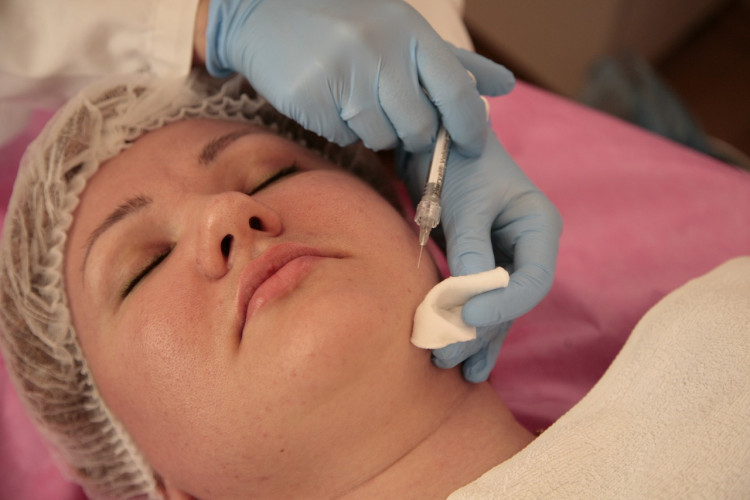Chinese police conducted a crackdown on a network of suppliers of counterfeited beauty products mainly used for plastic surgery. About $4.3 million worth of fake Botox, vitamin C injections, and hyaluronic acid were seized during the string of operations across a number of provinces.
These products had been sold to more than 1,000 patients during a six month period in more than 10 provinces, including Hunan, Fujian, Liaoning, and Jilin, the South China Morning Post reported citing a report from Beijing News.
The counterfeited items were first seized during a surprise inspection in a beauty parlor in Changde City. The fake plastic surgery products were then traced back to a supplier in Jilin province. The supplier was only identified as Zuo. He had been selling the items via messaging app WeChat.
A raid of a warehouse owned by Zuo turned up more than 2,300 bottles of hyaluronic acid among other fake beauty products. The raid also revealed various shipping receipts that indicated Zuo had been shipping the products to customers in different provinces. Police have yet to detect Zuo's original sources as of press time.
Botox, vitamin C injections, and hyaluronic acid are generally safe to use than any other chemicals used for plastic surgery. The problem was that the booming Chinese market for plastic surgery has also led to the increasing number of unlicensed doctors and clinics that could continue with their malpractice since fake products are easily accessible. Worse, they could even be using unlicensed beauty equipment when operating on patients.
China Association of Plastics and Aesthetics believed about 70 percent of Botox and hyaluronic acid sold in the country came from dubious suppliers who could also be smuggling these products.
The Chinese medical aesthetic industry was worth 1,760 billion yuan or about $200 billion in 2017, according to the Deloitte Medical Cosmetology Marketing Report. The industry was expected to balloon at 4,640 billion yuan in 2020, growing at an annual compound rate of up to 40 percent. China's plastic surgery industry is expected to surpass Brazil and to become the world's second-largest medical aesthetic industry, the report stated.
The industry is driven primarily of China's growing economy and the increasing average income and disposable personal income of the country's population. The average DPI of a person in China is at 16,000 yuan in 2012, increasing to 26,000 in 2017.
Another factor behind the rapid growth of the cosmetology industry in the country is its old-age group that comprised about 23 percent of the population. This demographic is expected to boost the demand for plastic surgery even further, the report noted.





